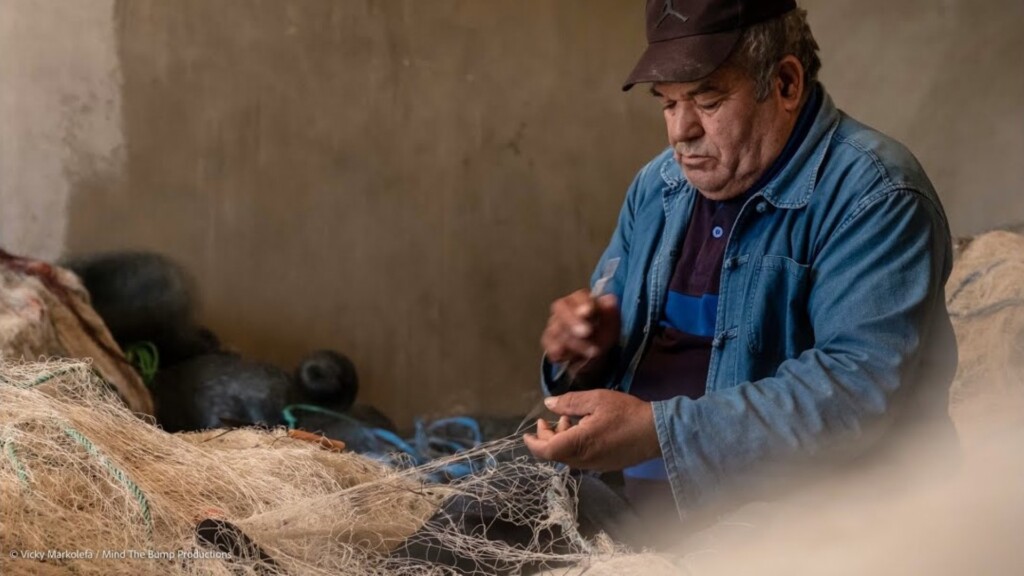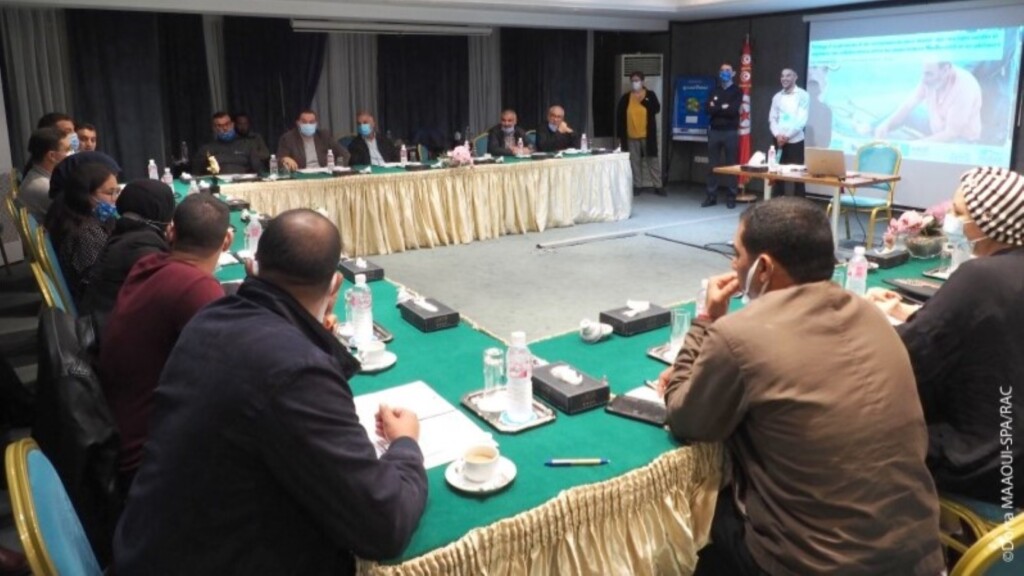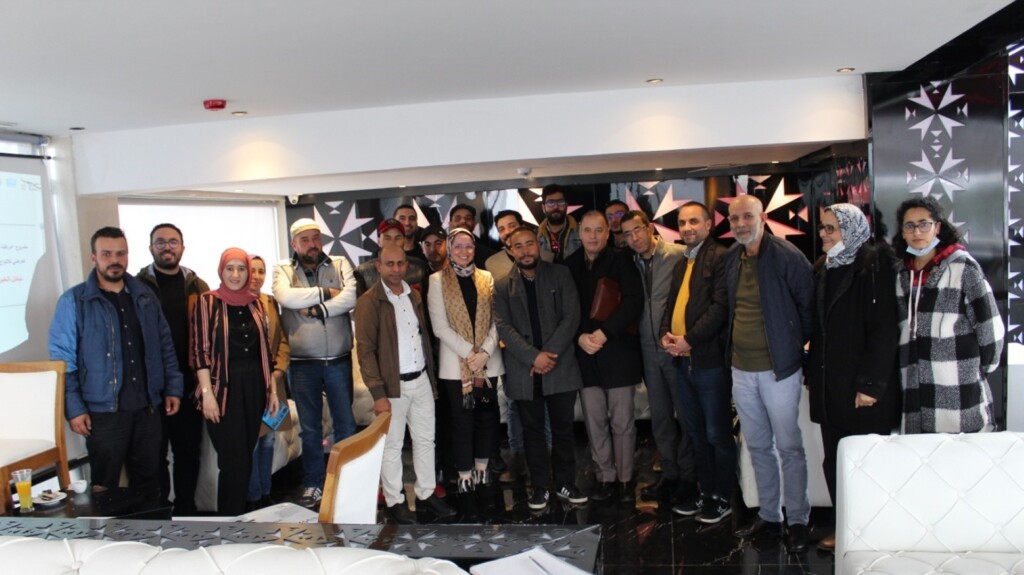Creating opportunities and sharing information to contribute to the efforts of sustainable fisheries and reducing bycatch of vulnerable species in the Mediterranean.


Fundamental for the MedBycatch project to achieving its objective is the relationship and collaborations created between the fishers and observers. Fishers’ participation for knowledge sharing and the collection of valid data is essential to inform and trial potential measures to mitigate incidental capture of vulnerable species. It is widely acknowledged that forming trust and mutual benefits are key factors in forming relations, and these have typically been hard to establish between researchers and fishers. Perspectives on why it is difficult to build strong relations vary, but can be due to:
(1) the objectives of the research excluding the human element of the marine environment
‘Nature is important for us, we make our money from sea, sustainability is important but the priority is always the environment and no one thinks about the fishermen’
And (2) fishers’ participation in previous studies left them feeling disappointed, viewed only as data providers, and receiving no further information about the research, its results or witnessing any changes.
’Many surveys being conducted before [and the] results of the conducted surveys not being reported to the fishermen [and] nothing changing’
Throughout the duration of the MedBycatch Observer programme, over 50 observers have been trained in the establishment of National teams, they have surveyed over 42 ports across the Mediterranean and completed over 3,600 on-board observations and over 12,100 port-based questionnaires, showcasing the incredible achievements of the observers in forming good collaborations with the fishing communities.
The aim of the MAVA funded project ‘EXPERIENCE & KNOWLEDGE SHARING’ is for both the observers and fishers participating in the MedBycatch Observer programme to share their experience and knowledge ‘For building strong and maintaining collaborations between fishery observers and the fishing community’.
Project outputs
The partners of the project:
● Received and collated feedback from 60 fishers and 45 observers
● Produced a comprehensive report on obstacles faced in the field, success stories, and what actions and behaviors help foster good relations in the field.
● Organised 3 national and international workshops
● Developed « The Best Practice Guide to Reduce Bycatch in the Mediterranean » designed for fishers and observers and available in French, English and Arabic.
● Created and shared ‘My Daughter & The Sea’, fisher testimonial video
● Created ‘Salt in the Eyes’ short film highlighting fisher and observer stories
● Implemented outreach and dissemination activities that reached target audiences internationally.
● Distributed the ‘MedBycatch Learning & Sharing Package’, a toolbox of guides and informative material
Through building strong relations, the benefits gained and positive accomplishments extend much further than the collection of accurate data, but also for:
(1) Establishing an open dialogue for the exchange of knowledge and opinions
‘[I made] frequent and long-term visits [to the ports] and they started trusting me after one year. Speaking open, honestly and clearly is important’ (Turkish Observer)
(2) Changing fishers’ behaviors
‘After several attempts, I have succeeded in convincing the boss of a boat to avoid areas of high concentration of vulnerable species’ (Tunisian Observer)
(3) Fishers actively participating in the data collection
‘Many times when I am not on board, some fishermen inform me of any novelty and photos that it is an accidental capture species they do not know’ (Moroccan Observer)
(4) Increasing number of fishers willing to participate and provide sensitive data (e.g. fishing areas)
‘Previously, there was a fisher who refused to discuss about sea turtles, today instead he calls me when he accidentally catches one’ (Tunisian Observer)
(5) Fishers voluntarily increasing their involvement
‘Some fishers voluntarily invite me for observations on board of their boats’ (Tunisian Observer)
‘…activities can be carried out, training sessions can be given, more practices can be done together’ (Turkish Fisher)
(6) Building constructive dialogues & exchanges of knowledge
Showing examples of species to fishers, send them photos and some information’s on species, build a constructive dialogue with all fishers (Moroccan Workshop)
(7) Fishers sharing videos of themselves implementing best practices
‘Some fishers inform me about them releasing vulnerable elasmobranchs alive and show me pictures and videos’ (Tunisian Observer)
All materials produced in this project and useful tools from the MedByctach project that either help or showcase how to build strong collaborations are available in the Knowledge Sharing Package, freely accessible here.
